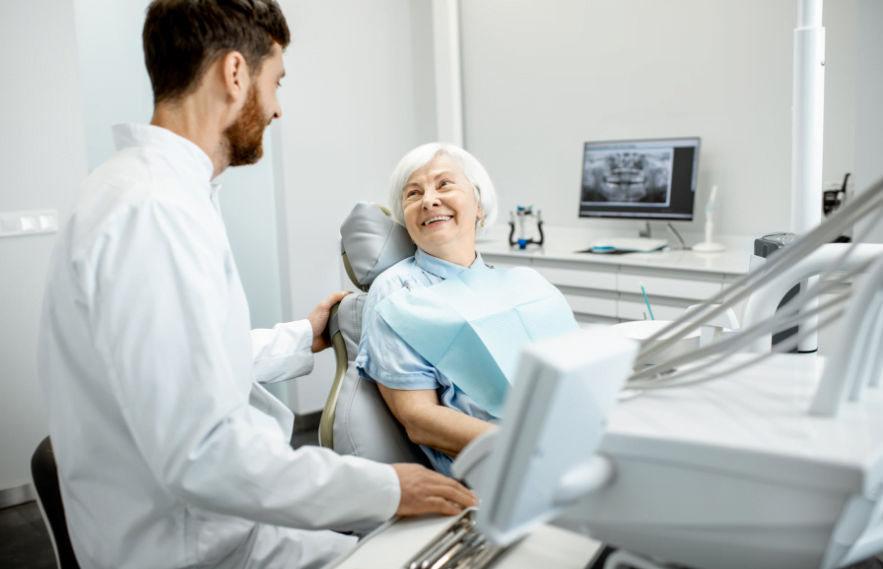WHAT TO DO FOR
EMERGENCY RELIEF
Please be aware there is no silver bullet or pill to swallow that will stop TN immediately and for a long and continuous period.
However, in the event that the attacks are very frequent and you need urgent respite, there are options available that may stop the pain for a maximum of 2 to 3 hours.

WHY NOT TO GO TO A&E FOR TN?
The first point of call should NOT be A&E.
The reason for this is that the minimum waiting times are usually around 4 hours and the medical professional you see is unlikely to have the skill and expertise to manage TN. Often you may be given opioids e.g. morphine, and sent home. These types of pain medication are ineffective on TN pain.
What you should do in an emergency flare up:
- Do not leave it too late. If you are having an emergency flare up, don’t think it will get better and need respite to regroup and plan, do not wait until out-of-hours. It is easier to get help during the day.
- Call your dentist – this should be your first point of call. All dentists are able to given lidocaine blocks (ID blocks in the lower jaw and Infraorbital blocks in the upper jaw). These blocks provide 2-3 hours of numbness and stop the trigeminal nerve from firing off and causing the attacks.
- If it is already out of hours, contact 111, explain that you have trigeminal neuralgia and you are in severe pain:
a. See if they can direct you to the out of hours dental service
b. If they are unable to direct you to the emergency dental services and they say you need to go to A&E, ask if the on-call maxillofacial (MAXFAX) registrar can attend. Maxfax doctors are specially trained in both dentistry and medicine and so will be best suited to assist you. They should be able to give you a nerve block, the same that a dentist would perform.
c. If 111 cannot get hold of a maxfax registrar and you attend A&E, ask the healthcare professional assisting you for the on-call max-fax registrar. Please bare in mind that not every hospital will have an on-call maxillofacial doctor and you may need to attend a different hospital within the trust.
IF YOU FIND YOURSELF IN A&E
- Take your TNA alert card with you, this provides valuable information about your condition.
- If talking is difficult, take a family member or pen/paper so you can write down what is necessary.
- Explain that normal painkillers and opioids do not work on TN to the assessing professional.
- Ask for the on-call maxillofacial (MaxFax) doctor to assess you and request a local anaesthetic nerve block.
It should be noted however, that the use of nerve blocks is only a temporary measure but an injection of one of these drugs may be sufficient to break the pain cycle and give you some short-term relief. Should you be experiencing frequent extreme flare-ups of this nature then you should inform your GP or specialist who may decide to review your medication or discuss other options.





